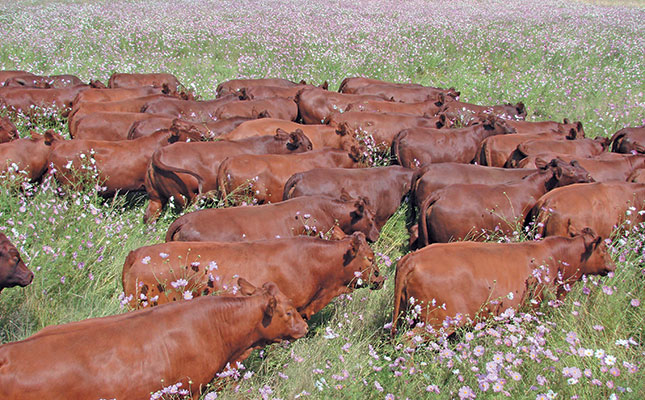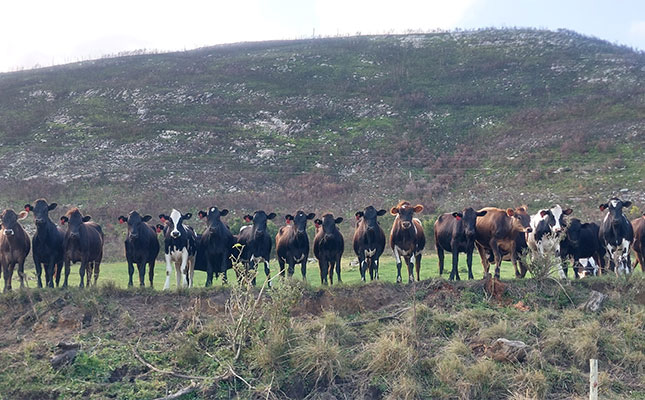
South African livestock producers need to vaccinate animals against insect-borne diseases such as lumpy skin disease, three-day stiff sickness, Rift Valley fever, and bluetongue disease as soon as possible.
This was according to Dr Danie Odendaal, director of South Africa’s Veterinarian Network.
Biting insects were expected to come out in full force due to the hot and humid conditions following the recent good rainfall across large areas of the country’s summer rainfall region.
“It is of no use to vaccinate infected animals. Such animals should be treated symptomatically. I cannot emphasise [the importance of] timeous vaccination against these diseases enough,” he told Farmer’s Weekly.
According to the World Organisation for Animal Health (OIE), lumpy skin disease was transmitted by mosquitoes and flies, among other insects.
Transmission could occur by ingesting feed and water contaminated with infected saliva. The disease was characterised by painful nodules of 2cm to 5cm in diameter over the entire body, particularly on the head, neck and udder between seven and 19 days after virus inoculation. The nodules could also become necrotic.
The symptoms of three-day stiff-sickness included a sharp rise in temperature followed by, among other symptoms, loss of appetite, a stiff gait, nasal discharge and salivation, inflamed joints, and rapid pulse and respiration rates.
Odendaal also advised livestock producers to take all possible steps to prevent Rift Valley fever outbreaks. He said it was particularly important that all replacement animals in a herd be inoculated against the disease upon arrival. Rift Valley fever was characterised by fever, listlessness, anorexia and high morbidity.
“It is a zoonotic disease that could be spread to people through contact with infected livestock. In addition to airborne spread of the virus, humans can become infected through handling of undercooked meat, blood or raw milk,” he said.
Care needed to be taken to only use inactivated vaccines for gestating animals to prevent spontaneous abortions, he added.
Bluetongue disease, on the other hand, was a non-contagious insect-borne, viral disease in ruminants, and affected mainly sheep. It was transmitted mainly by biting midges of the Culicoides species.
Get trusted farming news from Farmers Weekly in Google Top Stories.
➕ Add Farmers Weekly to Google ✔ Takes 10 seconds · ✔ Remove anytime









